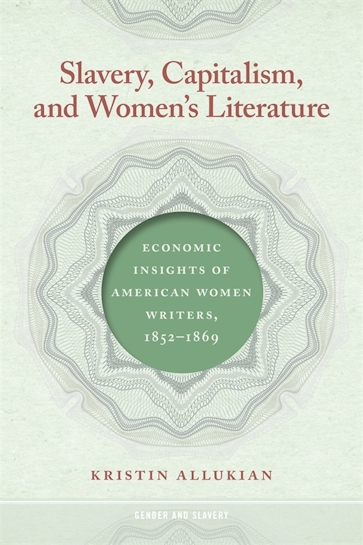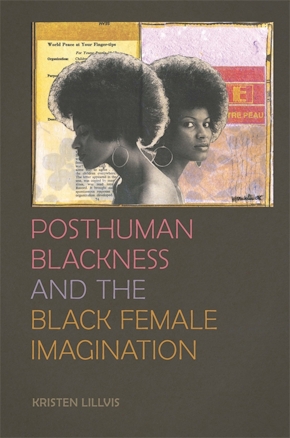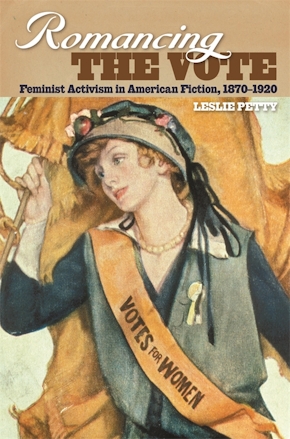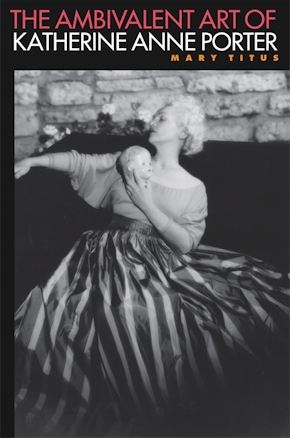Slavery, Capitalism, and Women's Literature
Economic Insights of American Women Writers, 1852-1869
Title Details
Pages: 230
Illustrations: 2 b&w images
Trim size: 6.000in x 9.000in
Formats
Paperback
Pub Date: 08/01/2023
ISBN: 9-780-8203-6459-9
List Price: $29.95
Hardcover
Pub Date: 08/01/2023
ISBN: 9-780-8203-6460-5
List Price: $114.95
eBook
Pub Date: 08/01/2023
ISBN: 9-780-8203-6461-2
List Price: $29.95
eBook
Pub Date: 08/01/2023
ISBN: 9-780-8203-6462-9
List Price: $29.95
Series
Related Subjects
LITERARY CRITICISM / Women Authors
HISTORY / United States / 19th Century
LITERARY CRITICISM / Subjects & Themes / Women
Slavery, Capitalism, and Women's Literature
Economic Insights of American Women Writers, 1852-1869
Situates women writers as economic critics and theorists under slavery and capitalism
Skip to
- Description
- Reviews
With Slavery, Capitalism, and Women’s Literature, Kristin Allukian makes an important contribution to slavery and capitalism scholarship by including the voices of some of the best-known nineteenth-century American women writers. Women’s literature offers crucial and previously unconsidered economic insights into the relationship between slavery and capitalism, different from those we typically find in economics and economic histories.
Allukian demonstrates that because women’s imaginative and creative texts take the material-historical connection of slavery and capitalism as their starting point, they can be read for the more speculative extensions of that connection, extensions not possible to discover on a material-historical level. Indeed, Allukian contends, these authors and texts disclose unique economic insights, critiques, and theories in ways that are only possible through literary writing.
The writers featured in this study—Harriet Beecher Stowe, Lucy Larcom, Harriet Jacobs, and Frances Ellen Watkins Harper—published written accounts of the continuities between slavery and capitalism including between language and activism, accounting and sentimentalism, labor and technology, race and property, and inheritance and reparations. Their essays, novels, poems, and autobiographies provided forums to document data, stimulate debate, generate resistance, and imagine alternatives to the United States’ developing capitalist economy, engined and engineered by slavery. Without their unique economic insights, the national narrative we tell about the relationship between slavery and capitalism is incomplete.
—Paul Lauter, author of Our Sixties: An Activist's History
—Jennifer Putzi, author of Fair Copy: Relational Poetics and Antebellum American Women's Poetry
Slavery, Capitalism, and Women's Literature makes significant contributions to a number of fields, including the study of gender and slavery; the (new) history of slavery and capitalism; nineteenth-century women writers; and what I hope becomes a burgeoning field, the study of literature and capitalism. . . . It is engagingly written and carefully argued.
—Sarah E. Gardner, coeditor of Insiders, Outsiders: Toward a New History of Southern Thought



